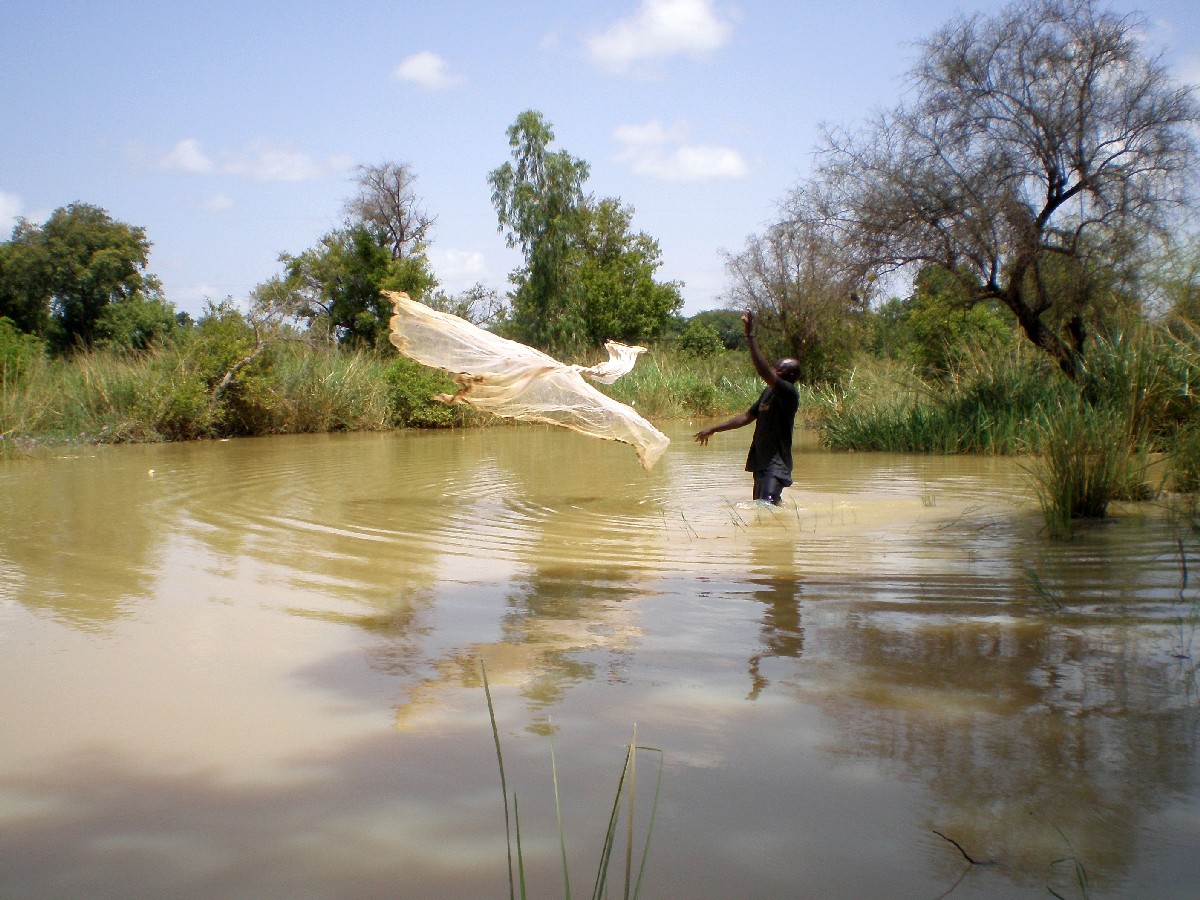Faßmann: 20 Austrian-African research projects funded with approximately 500,000 euros
Calls for proposals for two-year bilateral and multilateral network projects of the participating Austrian and African higher education institutions and research institutions are issued annually. The Ministry of Science and Research funds 20 of these projects with approximately 500,000 euros.
Heinz Faßmann, Federal Minister for Education, Science and Research, says: “I am very pleased that the Austrian-African research network Africa-UniNet, which was launched in 2019, attracts such great interest in the community and that networking between the current 51 members is progressing rapidly despite the obstacles caused by COVID-19. Today I am happy to announce the funding commitment for the first 20 Austrian-African research projects. My department will fund these bilateral and multilateral research projects with approximately 500,000 euros and the next round of calls for proposals will start in a few months’ time. We must not just talk about supporting Africa, we actually have to do something.”
Africa-UniNet was initiated and established by the Federal Ministry of Education, Science and Research (BMBWF) in cooperation with the OeAD-GmbH – Agency for Education and Internationalisation and the University of Natural Resources and Life Sciences, Vienna. Hubert Hasenauer, Rector of the University of Natural Resources and Life Sciences, Vienna (BOKU) and President of the network, emphasises: “The BOKU has a long tradition of cooperation with African universities, both in research and in the education of students. For example, we have been running the Limnology & Wetland Management master's programme together with Egerton University in Kenya since 2012. And many master’s and doctoral theses with an African focus have been supervised by BOKU professors. We were therefore very pleased to be entrusted with the establishment of Africa-UniNet because we see this as recognition of our long-standing, practised international responsibility. In connection with Africa-UniNet we have also created a new professorship for development cooperation.” Hasenauer was entrusted by the Ministry of Science and Research with the establishment as well as the presidency of the network for the first three years.
The OeAD is responsible for the implementation of the funding measures and the network office. Jakob Calice, the OeAD’s managing director, emphasises: “The Austrian-African Research Network already has 51 members, who share the common goal of a long-term partnership. Africa-UniNet is an excellent initiative to establish and intensify scientific contacts and cooperation with higher education institutions and scientific institutions on our neighbouring continent. In this way we can jointly contribute to an evidence-based, step-by-step implementation of the SDGs.”
In 2020 Africa-UniNet had 51 members, 33 institutions from 11 African countries, 18 from Austria. For 2021 7 more institutions have applied for membership. Projects include partnerships in Burkina Faso, Nigeria, Ethiopia, Uganda, Kenya, Tanzania, DR Congo, Mozambique, Zimbabwe, Namibia, South Africa – and they cover a wide range of disciplines. Research questions and topics are: Medicine, health, economics, sociology, social work, gender equality, climate change, agriculture, fisheries, food security, water resource management, arts, etc. What they have in common is partnership-based cooperation and the thematic orientation towards the objectives of the Sustainable Development Goals (SDGs).
Enquiries and contact:
Federal Ministry of Education, Science and Research
Mag. Debora Knob
+43 1 53120-5026
debora.knob@bmbwf.gv.at
www.bmbwf.gv.at
OeAD-GmbH – Agency for Education and Internationalisation
Mag. Ursula Hilmar
+43 1 53408-270
presse@oead.at
www.oead.at

